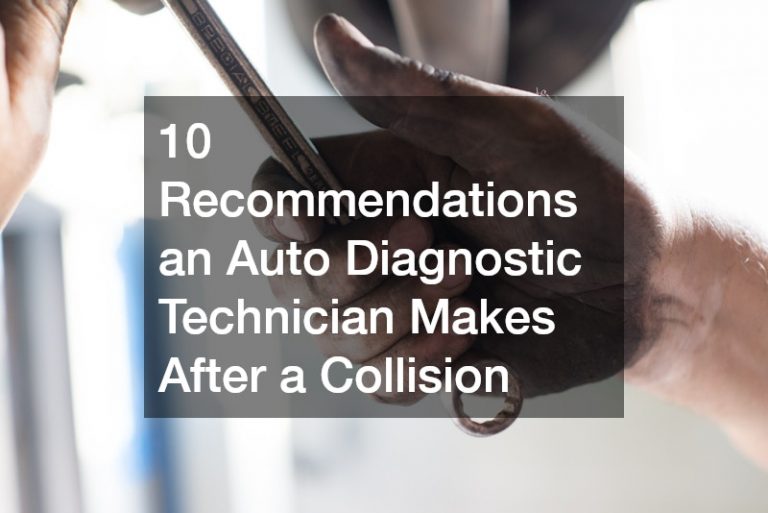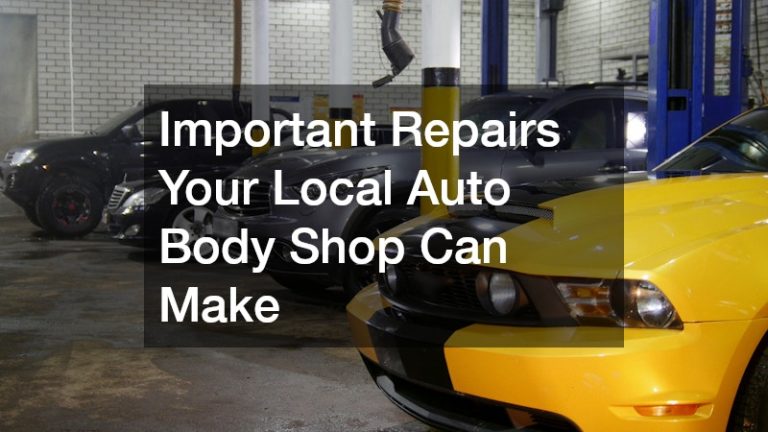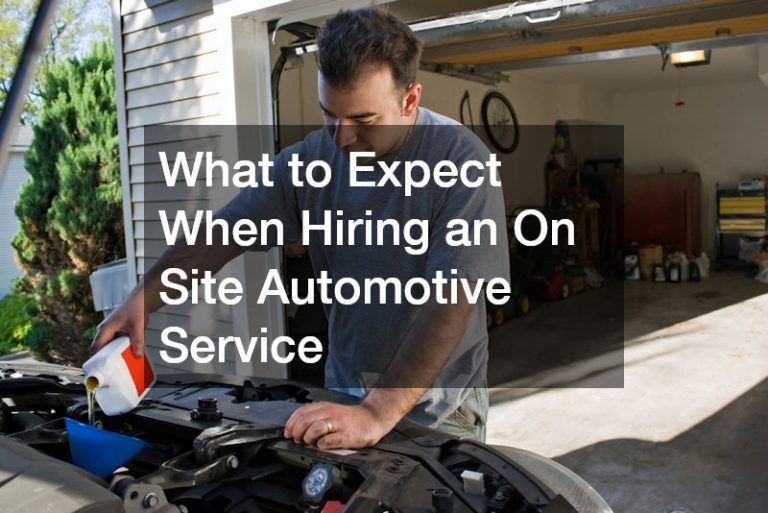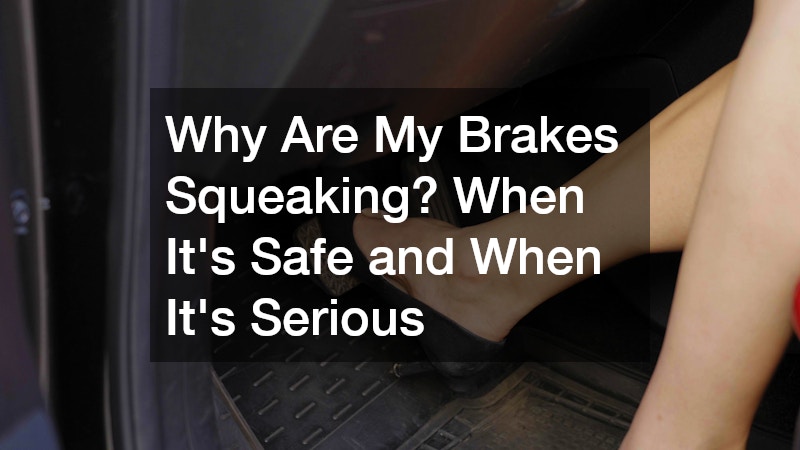

Brake noises can be unnerving, especially when you’re unsure if it’s just a temporary issue or a warning sign of a serious problem. As a car owner, hearing your brakes squeak every time you slow down can leave you asking: “Is my car still safe to drive?” or “Do I need to visit a mechanic immediately?” While some squeaking can be harmless, others may point to problems that need urgent attention.
This comprehensive guide will break down everything you need to know about squeaky brakes—why they happen, what they mean, and when to take them seriously. Whether you’re hearing occasional chirps or constant screeching, this article will help you determine the next best step. We’ll explore different causes, DIY fixes, and warning signs, empowering you with the knowledge to make safe and cost-effective decisions.
What Does It Mean When Your Brakes Squeak?
When your brakes start to squeak, it typically means that something in the braking system is either vibrating, wearing down, or not operating as intended. While it may seem like a small annoyance, that high-pitched noise is your vehicle’s way of communicating.
Here are some general reasons your brakes might squeak:
- Worn brake pads
- Glazed rotors or pads
- Lack of lubrication in brake components
- Debris caught in the brakes
- Temperature and humidity changes
In some cases, squeaky brakes are a normal part of brake function, especially with certain high-performance brake pads. However, other times they could signal that your brakes are nearing the end of their lifespan or that something more serious is at play. Understanding the context of the squeak is key.
Common Causes of Squeaky Brakes
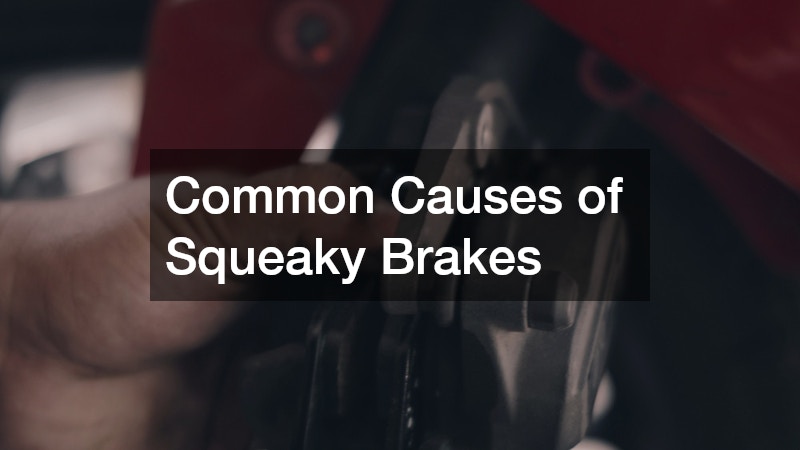
There are several reasons why your brakes may start squeaking. Identifying the specific cause can save you money and ensure your safety on the road.
1. Worn Brake Pads
One of the most common reasons for squeaking is worn-out brake pads. Brake pads come with a built-in wear indicator—a small metal tab that contacts the rotor and creates a squealing sound when the pad material is almost gone. This is designed to alert you before complete brake failure occurs.
Signs of worn brake pads:
- Persistent squeaking during braking
- Reduced braking performance
- The brake pedal feels soft or spongy
What to do:
Schedule a brake inspection immediately. Replacing pads early prevents damage to other parts, such as rotors or calipers.
2. Moisture and Weather-Related Issues
If you hear squeaking first thing in the morning, especially after rain or humidity, it’s likely due to surface rust or moisture on your rotors. This is usually temporary and goes away after a few brake applications.
Signs it’s weather-related:
- Squeaking only occurs during the first few stops
- The noise disappears after the brakes warm up
What to do:
No immediate action is needed unless the noise persists. Driving a few miles usually resolves the issue.
3. Glazed Brake Pads or Rotors
When brake pads or rotors are exposed to excessive heat, they can develop a slick, hardened surface—a condition known as glazing. This reduces their ability to generate the necessary friction for effective braking, which often results in a high-pitched squeal or reduced stopping power.
Possible reasons for glazing include:
- Prolonged or frequent downhill braking
- Abrupt or aggressive stopping habits
- Malfunctioning calipers that don’t fully release pressure
Recommended action:
If you think your brakes may be glazed, it’s best to have a professional inspect the system. Depending on the extent of the damage, the mechanic may recommend resurfacing the rotors or replacing the affected brake pads to restore optimal performance.
4. Lack of Lubrication in Brake Hardware
The brake system contains moving components like caliper pins and backing plates that require proper lubrication. When these parts dry out or corrode, they may create squeaks due to metal-on-metal contact.
Symptoms include:
- Intermittent squeaking
- Noise when not braking
- Uneven brake pad wear
What to do:
Ask your mechanic to clean and lubricate the brake system during your next service.
5. Brake Dust and Debris
Sometimes, foreign objects like small stones or excessive brake dust can get trapped between the rotor and the pad, causing squeaking noises.
How to identify:
- Noise starts suddenly
- Sound goes away after a few miles
- The brakes still function properly
What to do:
You can try spraying the brake area with compressed air or water. If the noise persists, a mechanic may need to remove the wheel and inspect it.
Why Are My Brakes Squeaking? Safe vs. Serious Signs
Not every brake squeak is a red flag—but how do you know when to worry? The key is understanding the context and symptoms that come with the noise.
✅ When It’s Likely Safe
Some squeaks are harmless and can be considered part of regular brake operation:
- Brief noise after morning startup (due to condensation)
- Squeaking with high-performance brake pads (metallic content)
- Occasional noise without changes in braking performance
If the noise goes away quickly or only occurs under specific conditions, it’s usually nothing to worry about.
❌ When It’s Serious
Be cautious if the squeaking is:
- Continuous and loud
- Accompanied by a grinding sound
- Coupled with reduced brake power
- Paired with a shaking steering wheel or pulsing brake pedal
These are signs of worn parts, rotor damage, or caliper failure, and need immediate inspection to prevent accidents or costly repairs.
DIY Fixes for Squeaky Brakes: What You Can Try at Home
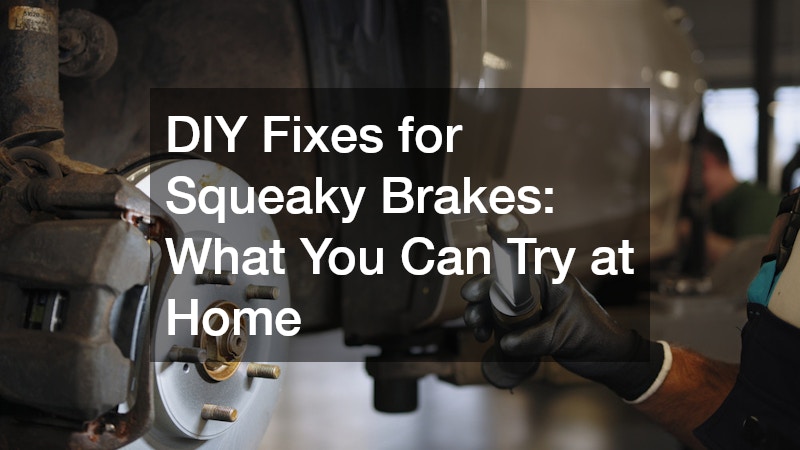
If you’re a hands-on car owner, there are a few things you can do before heading to the mechanic. Keep in mind, however, that working on brakes requires safety precautions and experience.
1. Brake Cleaning
Use a brake cleaner spray to remove dust and grime buildup on the brake pads and rotors. This often resolves minor squeaks caused by debris.
2. Apply Brake Lubricant
Use a high-temperature anti-squeal lubricant on the back of the brake pads and the caliper pins. Do not apply to the pad surface itself.
3. Bed-in New Brake Pads
If you’ve recently installed new pads, they may squeak until fully bedded. Follow the manufacturer’s recommended break-in procedure to reduce noise.
4. Tighten Loose Parts
Sometimes, calipers or other components may become loose over time. Gently tighten any bolts or brackets related to the brake assembly.
Tools You’ll Need:
- Jack and jack stands
- Lug wrench
- Brake cleaner
- Silicone or ceramic brake grease
- Socket set
When Should You See a Mechanic?
While some fixes are simple, brake systems are essential for safety and should not be taken lightly. Schedule a professional brake inspection if:
- You’re unsure of the noise source
- Squeaking persists despite cleaning
- You hear grinding or feel vibration when braking
- Your car pulls to one side while braking
It’s always better to err on the side of caution. A trusted mechanic can diagnose issues more accurately using specialized tools.
How Often Should Brakes Be Inspected or Replaced?
To prevent squeaky brakes and extend the life of your brake system, regular maintenance is critical. Most brake pads last 30,000 to 70,000 miles, but your driving habits and environment can significantly influence this.
Brake maintenance tips:
- Have your brakes inspected every 6 months or 6,000 miles
- Replace pads before they wear down to the metal
- Keep brake fluid topped off and clean
- Avoid aggressive braking when possible
- Listen for early signs like light squealing or pulling
Cost of Repairing Squeaky Brakes
The cost to fix squeaky brakes depends on the root cause. Here’s a general price guide:
| Repair Type | Estimated Cost |
| Brake pad replacement | $150–$300 per axle |
| Rotor resurfacing | $100–$200 per axle |
| Rotor replacement | $200–$400 per axle |
| Brake caliper replacement | $300–$800 each |
| Brake cleaning & lube | $50–$100 |
Keep in mind that delaying service can escalate costs, especially if pads wear down completely and damage rotors.
How to Prevent Squeaky Brakes in the Future
While some squeaking is inevitable, especially in certain climates or driving conditions, the following practices can help reduce the risk:
- Choose quality brake pads: Cheaper pads tend to have more metal content, increasing noise.
- Install shims: These help absorb vibrations that cause squeaking.
- Keep hardware lubricated: Lubrication ensures smooth operation and quiet function.
- Clean brakes regularly: Especially if you live in dusty or coastal areas.
- Brake gently: Avoid slamming on brakes unless necessary.
Routine checks and preventive care go a long way in keeping your brakes quiet and safe.
How Driving Habits Affect Brake Lifespan and Noise
Your driving behavior plays a significant role in how long your brakes last and how often they make noise. Constant hard braking, riding the brakes down steep hills, or tailgating—which forces frequent stops—can accelerate wear and contribute to issues like glazing, squeaking, or even rotor warping.
On the other hand, smooth acceleration and gradual deceleration can extend brake life and reduce noise. If you’re experiencing frequent squeaking, consider adjusting your driving style. Not only can it reduce brake noise, but it can also improve overall vehicle safety and reduce repair costs over time.
Final Thoughts: Don’t Ignore Brake Noises
Brake squeaking may be common, but it’s not something you should ignore. It can range from harmless rust buildup to a critical safety issue like worn-out pads or damaged rotors. The best way to ensure peace of mind is to stay proactive—listen to your car, perform regular inspections, and never hesitate to consult a professional when in doubt.
By understanding the possible causes and knowing the difference between safe and serious symptoms, you can maintain better control over your vehicle’s health and safety. Always prioritize your brakes—they’re your car’s most important safety system.

